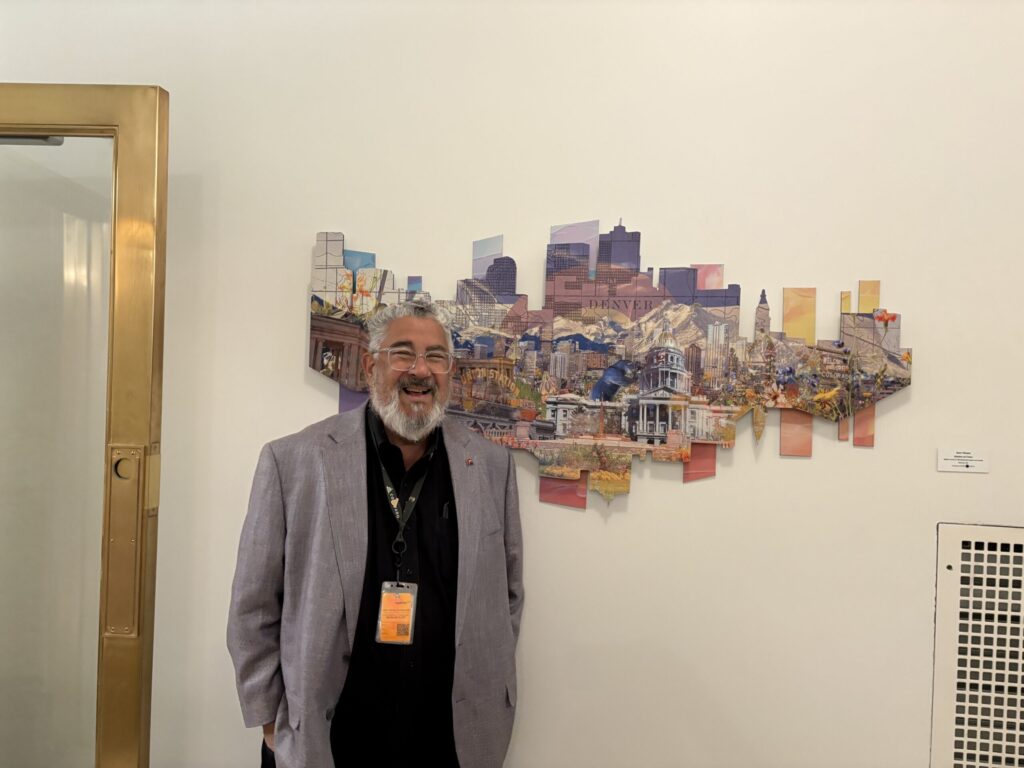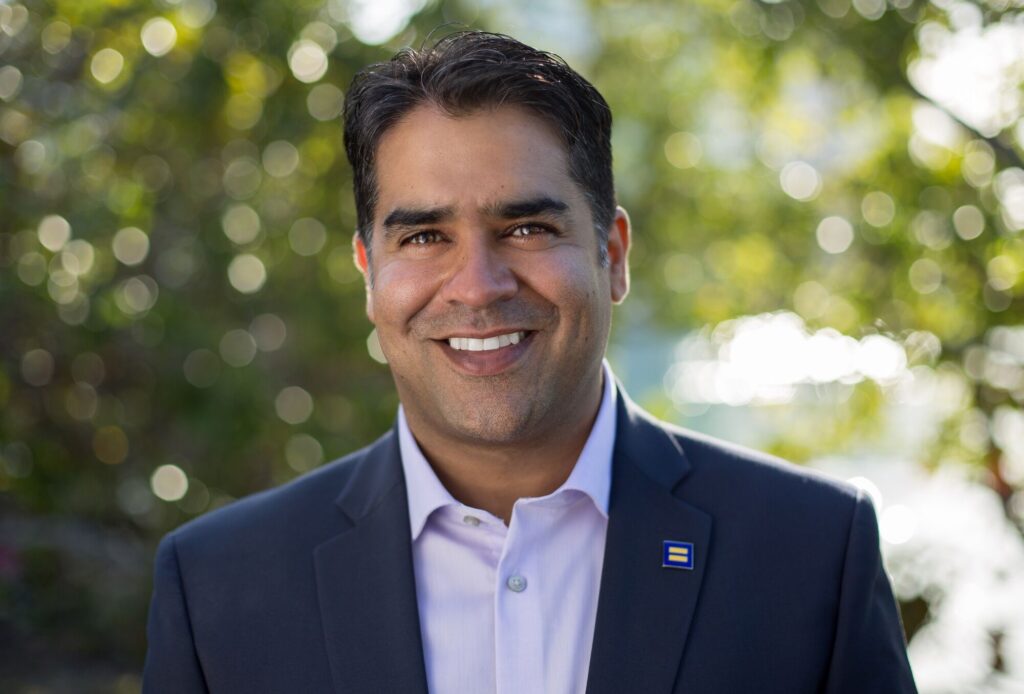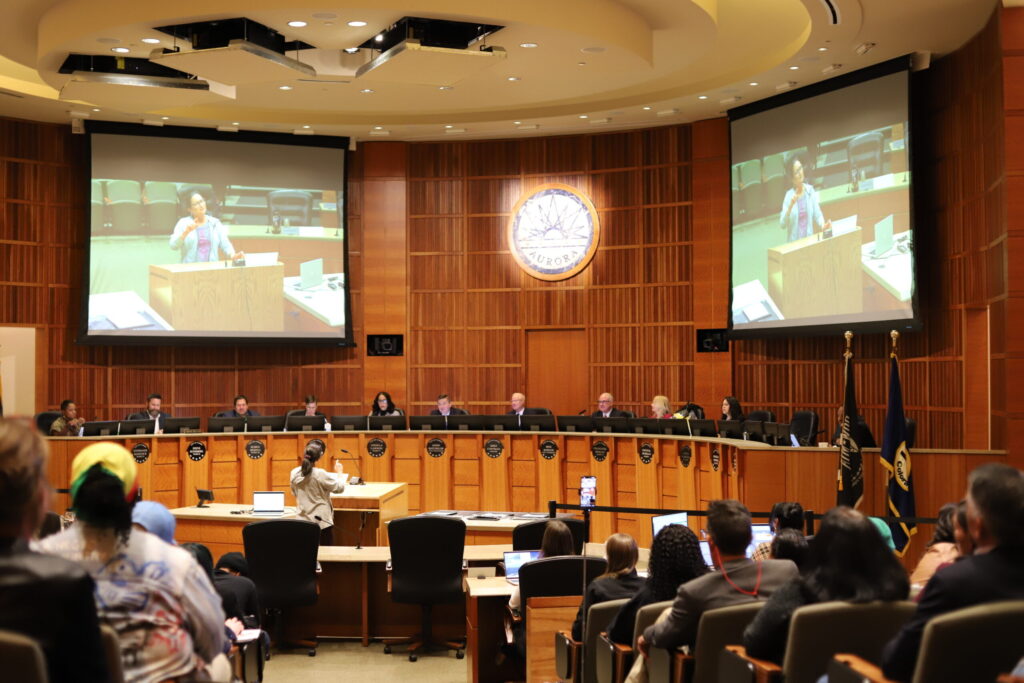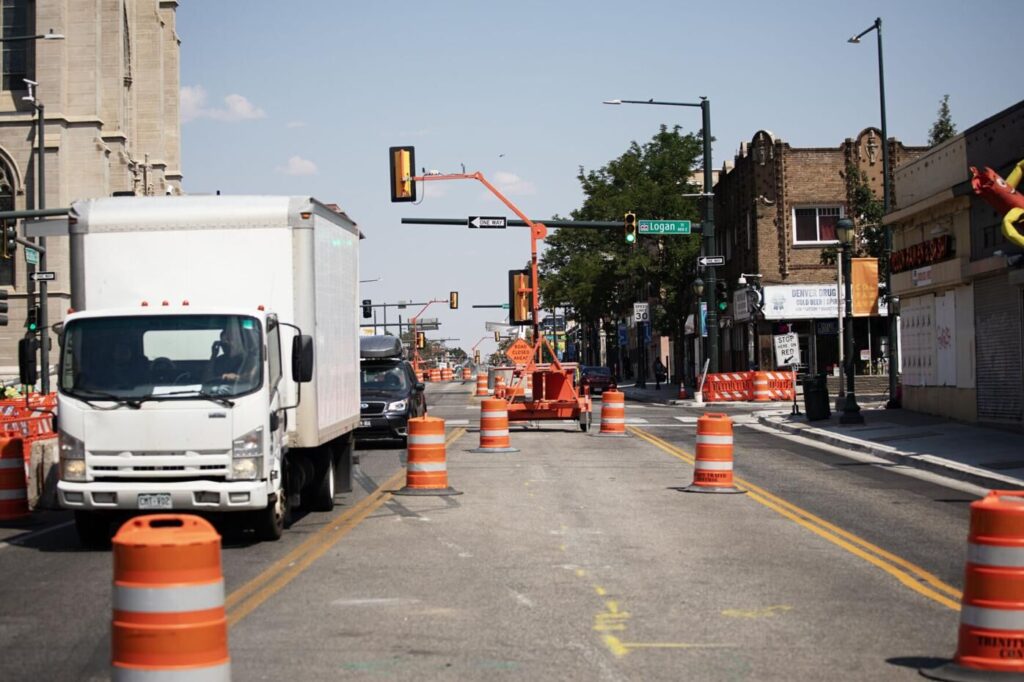Pot ballot measure may tear the lid off most Denver regulations
If Denver voters approve a ballot measure to allow neighborhood marijuana consumption areas, city and county officials may not be able to deny a permit, add conditions or hold hearings, according to an analysis from the city attorney’s office.
Assistant City Attorney David Broadwell presented the analysis of Initiated Ordinance 300 to the City Council’s Finance and Governance Committee Tuesday, Oct. 11.
If voters pass the initiative, a marijuana consumption pilot program would allow supervised consumption spaces for adult marijuana consumers to enjoy traditional social environments without being segregated from mainstream society, according to the group backing the measure.
A business or individual would apply for a permit for marijuana consumption in a designated area on their property, which would be limited to adults 21 and older and subject to regulations enforced by the city department of excise and licenses and law enforcement fire, and health officials.
The spaces must comply with the Colorado Clean Indoor Air Act and prevent exposure to secondhand smoke and cannot be within 1,000 feet of a school or be visible from a public right of way or anywhere children congregate.
Consumption area staff must complete training, refrain from consuming any intoxicants while working, strictly observe safety and security measures, and follow protocols for preventing public intoxication, problematic behavior and underage use – similar to establishments that allow alcohol consumption.
City Council would create a task force to study and report on the impact of the program, which would expire Dec. 31, 2020, unless the city approves comprehensive marijuana consumption regulations.
Permits, state laws, RNOs and BIDs play a big role
Broadwell said the main difference in this year’s initiative is requiring a permit from the Department of Excise and Licenses. He also noted the department director must have application forms for permits available no later than 60 days after adoption. Per charter, City Council could not amend or clarify the ordinance until May 2017.
Although Amendment 64, the 2012 measure that legalized the sale and private use of small amounts of marijuana by adults in Colorado, purported to regulate marijuana “in a manner similar to alcohol,” the amendment did not allow state or local on-premises consumption licenses or permits, Broadwell noted.
“So far, the state Legislature has not adopted any statutory provision for on-premises marijuana consumption licenses or permits,” he said.
State law explicitly prohibits marijuana consumption on the licensed premises of any other type of marijuana business, Broadwell added, and open and public consumption of marijuana is illegal.
As a general proposition, municipal ordinances cannot allow what the state prohibits, he noted, and the authors of the initiated ordinance consciously chose not to play the “private cannabis club” card to avoid conflict with state law. The Denver chapter of NORML (National Organization for the Reform of Marijuana Laws) circulated petitions for signatures that would have placed a private club initiative on the ballot, but did not gather enough qualified signatures.
Broadwell said designated consumption areas would be expressly allowed to locate within businesses that are otherwise open to the public, such as bars and restaurants. Other than a 21 and older age restriction, the initiated ordinance does not restrict public access to such areas, he added.
Permit applications must be accompanied by a letter of support or nonopposition from one “eligible neighborhood organization,” defined to mean a business improvement district or registered neighborhood organization, with an interest in where a designated consumption area is located.
That organization may stipulate conditions to be placed on the permit, and apparently may condition their support on such conditions being included in the city permit, Broadwell said.
“It basically takes the discretion of regulatory functions normally done by the city and allows an organization to assume that authority,” he stated.
The ordinance does not allow the excise and license director to change the conditions stipulated by an organization, and is unclear if the director can attach extra conditions.
An application would not need a public hearing and no “needs and desires” hearing often held with liquor license applications, would be required. The initiative does not include any criteria for denial, nor have a provision to reconcile differences between overlapping neighborhood organizations that may or may not support the application.
Limits placed on city, enforcement challenges
The initiative also prevents the use of zoning to regulate designated consumption areas, provides no authority to require a zoning use permit for consumption areas, nor does it allow zoning to be used to show where marijuana consumption may or may not be allowed.
Based on recent experience with retail and medical marijuana permits, Broadwell said there is likely to be a large number of applications, as early as January. That means the city must be ready with application forms and internal processes to handle the permits. Emergency rule making will likely be required to address gaps and ambiguities, he added.
Challenges include interpreting and enforcing the Colorado Clean Indoor Air Act as it applies to marijuana smoking indoors and fugitive odors outdoors, along with enforcement of limitations in any outdoor designated consumption areas, such as it being prohibited in areas “viewable by the public” or from a “place where children congregate.”
Enforcement of the 21 and older age restriction for entry into a designated consumption area, and making sure there is no sale, direct or indirect transfer of marijuana in a designated consumption area, either by the owner or patrons, are other concerns, Broadwell said.











